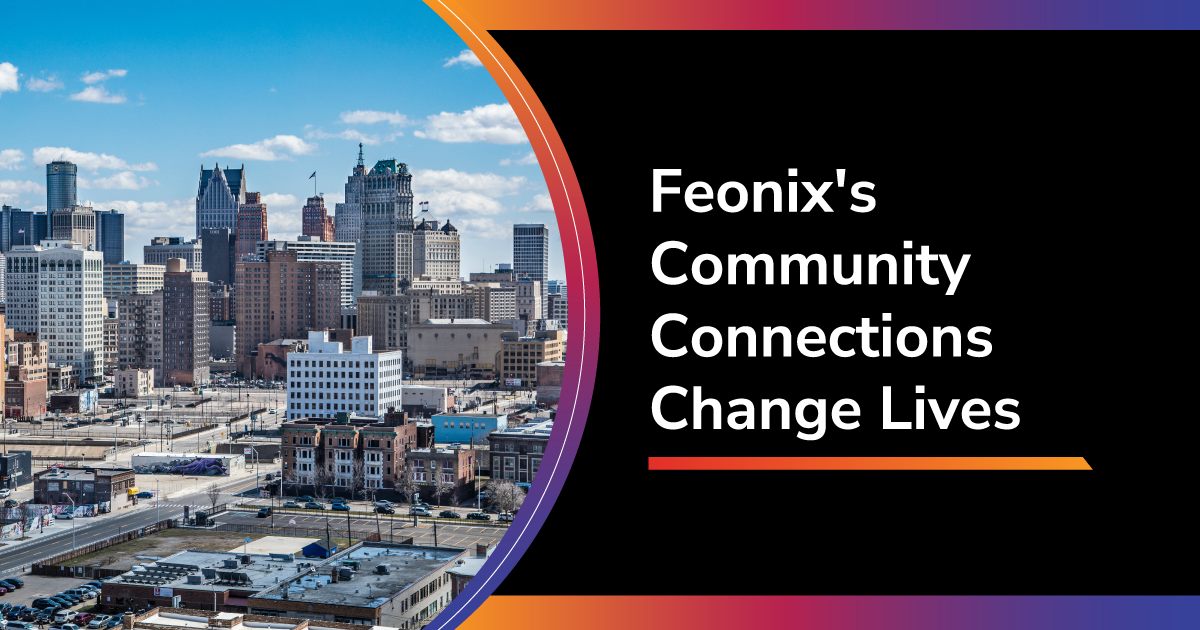
Twenty-three years ago, Robbie Smith was diagnosed with epilepsy. For a fiercely independent woman, the diagnosis felt like a loss of freedom. As per medical advice, she couldn’t drive until she was six months seizure-free, leaving her unable to manage daily errands, attend medical appointments, or enjoy family outings independently. Gradually, her limited mobility led to a sense of isolation and frustration, and she often felt like she was losing herself.
Robbie found herself relying heavily on loved ones for transportation, which affected her pride. Each time she needed a ride, it felt like a blow to her sense of autonomy. However, a local mobility wallet program introduced a turning point in her journey, providing her with a practical solution to manage transportation for healthcare and social engagements. The mobility wallet granted her access to rides she could schedule at her convenience, eliminating the need to rely solely on family.
Despite the liberation the mobility wallet brought, Robbie initially struggled with the app-based booking system. Unfamiliar with the technology, she often needed assistance from her daughter to complete bookings. Yet, with patience and support from Feonix, Robbie has learned to use the app more confidently.
Robbie’s story illustrates the critical role transportation services play in supporting independence and quality of life for individuals with health challenges. This life-enhancing access is made possible by the Michigan Department of Transportation and the Michigan Office of Future Mobility and Electrification, whose shared mission is to advance accessible, innovative mobility solutions across Michigan. We thank them for their partnership in helping us bridge transportation gaps for individuals like Robbie, creating pathways to independence and well-being.
